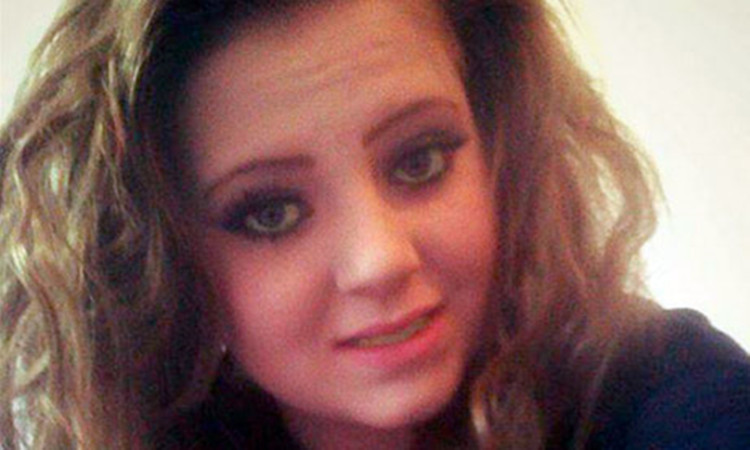Nearly 60% of young people have been asked to post sexually explicit images of themselves online, the charity ChildLine has claimed.
It is now teaming up with the Internet Watch Foundation (IWF) to ensure young people know where to turn to have such images removed from the internet.
Two months ago, a 17-year-old Fife teenager committed suicide after being tricked into posting explicit images online. Blackmailers demanded cash from the youngster to prevent the images being shown to his family and friends.
Within an hour of receiving the threat, the youngster jumped from the Forth Road Bridge to his death.
The tragedy occurred just a few weeks after Leicestershire schoolgirl Hannah Smith also committed suicide after allegedly receiving abusive messages on social media site ask.fm.
ChildLine and the IWF decided to work together after a survey of 13 to 18-year-olds discovered 60% of them had been asked to post a sexual video or image.
Forty per cent of respondents said they had created an image or video while around a quarter of those questioned said they had sent the file to someone else.
While most said the image went to a boyfriend or girlfriend, a third said they sent it to someone they met online but did not know in real life and 15% said they had sent it to a total stranger.
More than half of young people who took part in the survey said they had received a sexually explicit image or video. Although most came from partners, around one-third said the images were from a stranger.
Elaine Chalmers, ChildLine Scotland area manager said: “Most common contacts to ChildLine are when the issue has escalated beyond their control.
“It is essential we are able to support young people to talk to ChildLine before an issue escalates but also that we are able to help them to deal with removing images from online.
“The sharing of these images does not necessarily happen in isolation.It can be related to other online issues, such as cyber bullying and draw from influences such as celebrity and easy access of online pornography.
“Our partnership with the IWF means that we can help young people to verify their age before logging a complaint to get the image removed swiftly and efficiently.”
Susie Hargreaves, chief executive of the IWF, added: “A snapshot study conducted by IWF analysts over a 47-hour period found well over 12,000 self-generated images and videos of young people online.
“Most recently, we see images and videos being gathered together and sold for commercial gain.
“We have to be certain that the image features someone under the age of 18, which is why this partnership with ChildLine is all the more important to ensure we can receive the information to remove explicit content as soon as possible.”
As part of their focus on the issue, ChildLine have also developed their first app designed to provide tools to diffuse the pressures to send an explicit image.
Called Zipit, the app offers witty images to send instead of explicit ones and a direct link to call ChildLine.
